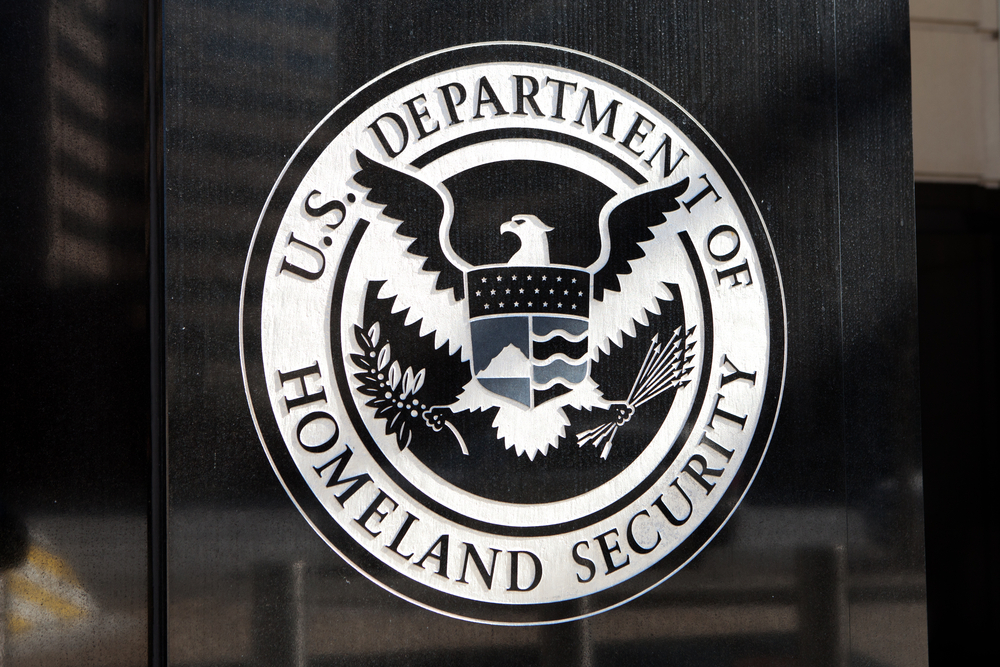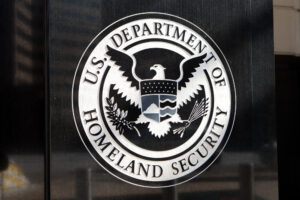By Steve Neavling
The Department of Homeland Security is exploring plans to expand the use of U.S. military forces to carry out President Trump’s immigration crackdown if he returns to office, according to a leaked memo obtained by The New Republic.
The internal document, written by Phil Hegseth, who is the brother of Defense Secretary Pete Hegseth and a senior adviser within the Pentagon, describes a strategy to embed military support in domestic law enforcement efforts for “years to come” as part of Trump’s mass deportation agenda. The memo was reportedly circulated after a July 21 meeting between senior officials at DHS and the Department of Defense.
Among those the memo seeks to convince is Gen. Dan Caine, chairman of the Joint Chiefs of Staff, stressing the “urgency” of what it calls a “homeland defense mission.” It compares the threat of drug cartels and foreign gangs to that of “Al Qaeda or ISIS cells and fighters operating freely inside America.”
Phil Hegseth acknowledged that the recent deployment of thousands of National Guard troops and Marines to Los Angeles during anti-ICE protests didn’t go smoothly.
“Everyone here is also aware of our joint work in L.A. It hasn’t been perfect, and we’re still working through best practices together, but I think it’s a good indicator of the type of operations (and resistance) we’re going to be working through for years to come,” he wrote.
Carrie Lee, a senior fellow at the German Marshall Fund, called the memo “disturbing” and said it reflects a dramatic escalation in the use of military power on American soil.
“The military is the most powerful, coercive tool our country has. We don’t want the military doing law enforcement,” she told The New Republic. “It absolutely undermines the rule of law.”
Joseph Nunn, counsel at the Brennan Center’s Liberty and National Security Program, said the memo points to a growing trend.
“This kind of military involvement in domestic civilian law enforcement is about to become more common,” he said.
The Department of Homeland Security, the Pentagon, and the White House did not respond to requests for comment.






